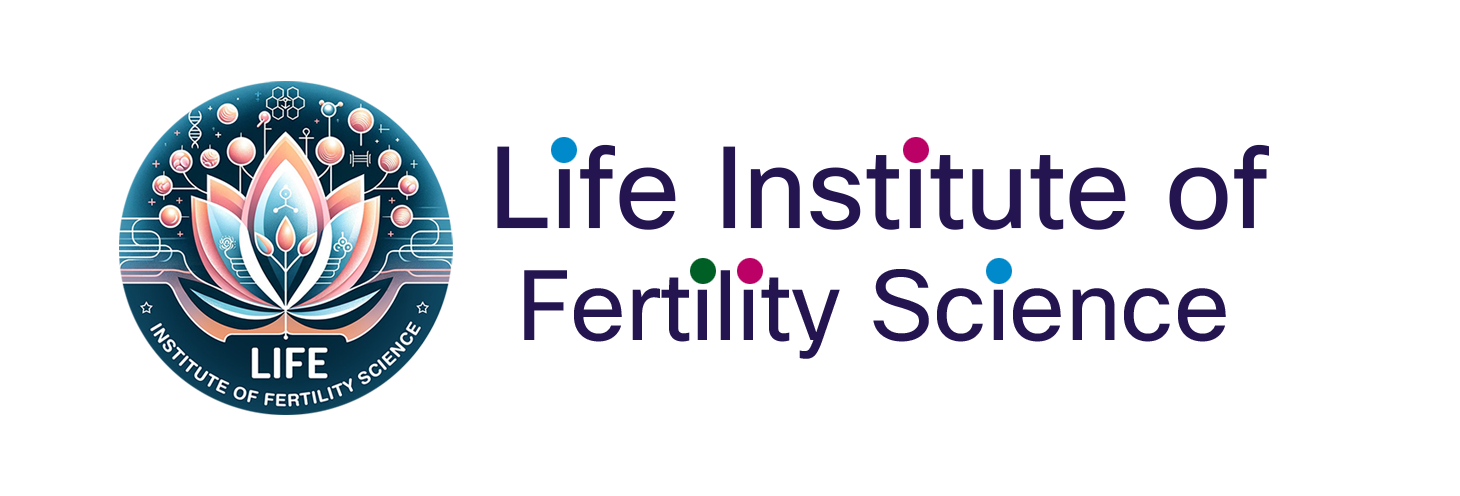Microbiology
1. Introduction to Microbiology
- Define microbiology and its scope.
- Historical milestones in microbiology.
- Importance of studying microorganisms in different contexts.
2. Microscopy and Staining Techniques
- Different types of microscopes: light, electron, fluorescence.
- Principles of light microscopy: magnification, resolution, contrast.
- Common staining techniques: Gram staining, acid-fast staining, endospore staining.
3. Prokaryotic Cell Structure and Function
- Detailed structure of bacterial cells: cell wall, plasma membrane, ribosomes, genetic material.
- Functions of various cellular components.
- Comparison between prokaryotic and eukaryotic cells.
4. Microbial Growth and Nutrition
- Nutritional requirements: macronutrients, micronutrients, growth factors.
- Types of culture media: selective, differential, enrichment.
- Phases of bacterial growth: lag, log, stationary, death.
5. Microbial Genetics
- Basic concepts of DNA replication, transcription, and translation in bacteria.
- Types of genetic mutations and their effects.
- Mechanisms of horizontal gene transfer: transformation, transduction, conjugation.
6. Introduction to Virology
- Defining characteristics of viruses.
- Structural components of viruses: capsid, envelope, nucleic acid.
- Steps in viral replication: attachment, entry, synthesis, assembly, release.
7. Immunology Basics
- Overview of the immune system components: cells, tissues, organs.
- Differences between innate and adaptive immunity.
- Role of microorganisms in stimulating immune responses.
8. Pathogenic Microorganisms
- Mechanisms by which microorganisms cause disease.
- Specific examples of bacterial, viral, fungal, and protozoan pathogens.
- Interactions between hosts and pathogens: infection process, host defenses.
9. Antimicrobial Agents and Resistance
- Different classes of antimicrobial agents: antibiotics, antivirals, antifungals.
- Mechanisms by which these agents work.
- Issues surrounding antibiotic resistance and strategies to combat it.
10. Environmental and Applied Microbiology
- Roles of microorganisms in natural environments: soil, water, air.
- Contribution to biogeochemical cycles: nitrogen, carbon, sulfur cycles.
- Industrial applications: fermentation, bioremediation, biofuels.
11. Laboratory Techniques and Safety
- Importance of aseptic techniques to prevent contamination.
- Methods for culturing and isolating microorganisms: streak plate, pour plate, spread plate.
- Safety protocols to follow in microbiology laboratories.
12. Case Studies and Current Research
- Detailed analysis of historical and contemporary case studies in microbiology.
- Discussion of recent research findings and their implications for the field.

Life Fertility is a premier Assisted Reproduction center in Visakhapatnam offering fertility services to North Coastal Andhra Pradesh
COURSES
MASTERS
PG DIPLOMA
ADDRESS
#16-1-25, RS Edifice, Coastal Battery Rd, Collector Office, Jn, Visakhapatnam, Andhra Pradesh 530002

